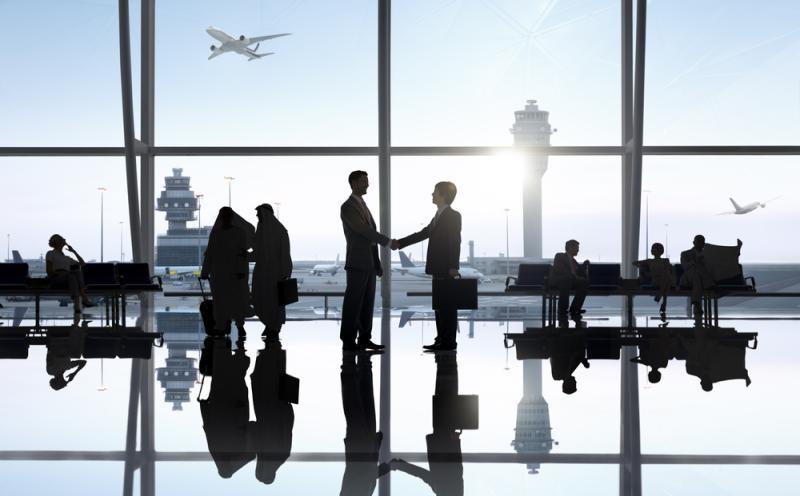(MENAFN- Bangladesh Monitor) Air travel is experiencing a period of growth after a tumultuous 3 years due to the pandemic.
It's expected to rebound stronger than ever with an emphasis on sustainability according to a recent report by BCD Travel. The leading travel management company released the first of a two-part report detailing the future of air travel.
The key component to the future of air travel lies in sustainability – both environmentally and financially. A BCD survey of travel buyers worldwide revealed that almost two-thirds of travel managers rate environmentally sustainable travel as very or extremely important. Travelers echo a similar sentiment. Consumers, governments and regulators are calling for more sustainable air travel, and airlines have answered with roadmaps towards achieving net-zero carbon emissions by 2050.
Sustainable Aviation Fuel and its challenges
Many airlines are investing in sustainable aviation fuel (SAF), which offers the most practical immediate solution for reducing air travel's carbon footprint. SAF refers to renewable fuels or fuels made from waste that meet certain sustainability criteria. Although aircraft are currently allowed to fly with up to 50 percent blended SAF, the full adoption of SAF is still a long way off. SAF accounted for less than 0.1% of total aviation fuel consumption in 2020, but airlines are committing to increasing their SAF use in the future.
BCD and Delta Air Lines signed the first-ever SAF agreement for a travel management company to address emissions from BCD employee travel. Corporate travel programs are also exploring SAF with a small but growing number committing to its use.
SAF provides some immediate relief and enables aviation to reduce its environmental impact. But the availability and cost associated with SAF has airlines pursuing other alternatives including hybrid-electric, fully electric and hydrogen powered flights. Although still some years away, these can reduce emissions and may even offer emission-free flights.
Evolution of rail travel
Rail also plays a role in sustainable travel and is being increasingly considered as an option for shorter trips. Several large markets already have high-speed electric-powered rail, which offers a greener and sometimes faster way to travel between city centers compared to air travel. Using a combination of air and rail is another way to reduce travel's carbon footprint. Delta is now offering its Air + Rail train connection program in Europe to provide onward train connections from stations located in airports.
“Sustainable business travel goes hand in hand with sustainable aviation. However, addressing the carbon emissions generated by aviation, particularly in light of the sector's forecast growth, remains one of the greatest challenges in the quest for net-zero,” said Olivia Ruggles-Brise, vice president of Sustainability at BCD.“In the meantime, however, each business traveler can play a part in the future sustainability of aviation. We can all critically evaluate the need for each flight taken and look for sustainable options such as flying on new aircraft, selecting direct routes or traveling in the economy cabin. The future of aviation lies in purposeful travel that maximizes value and minimizes impact.”
-B






















Comments
No comment